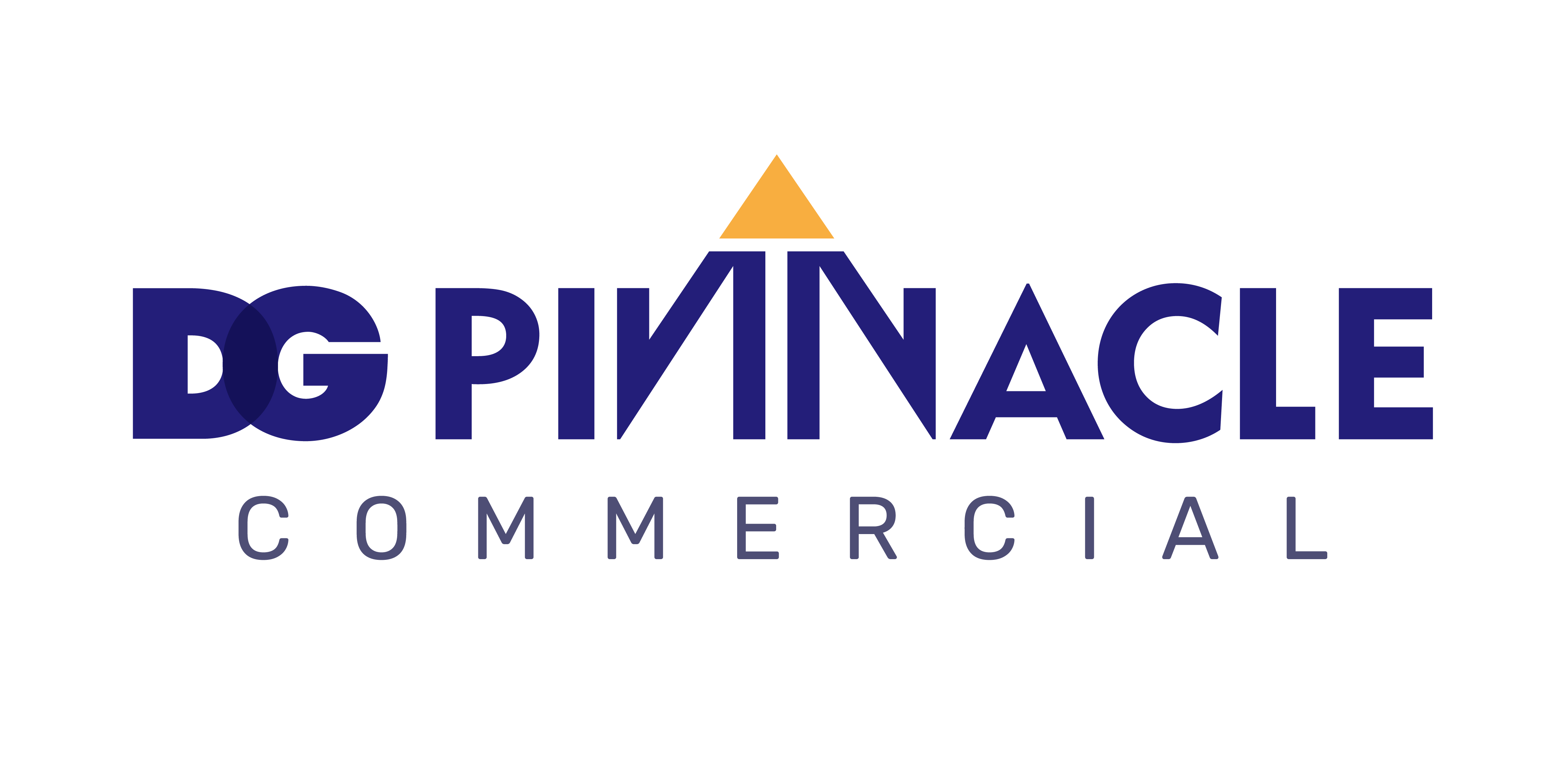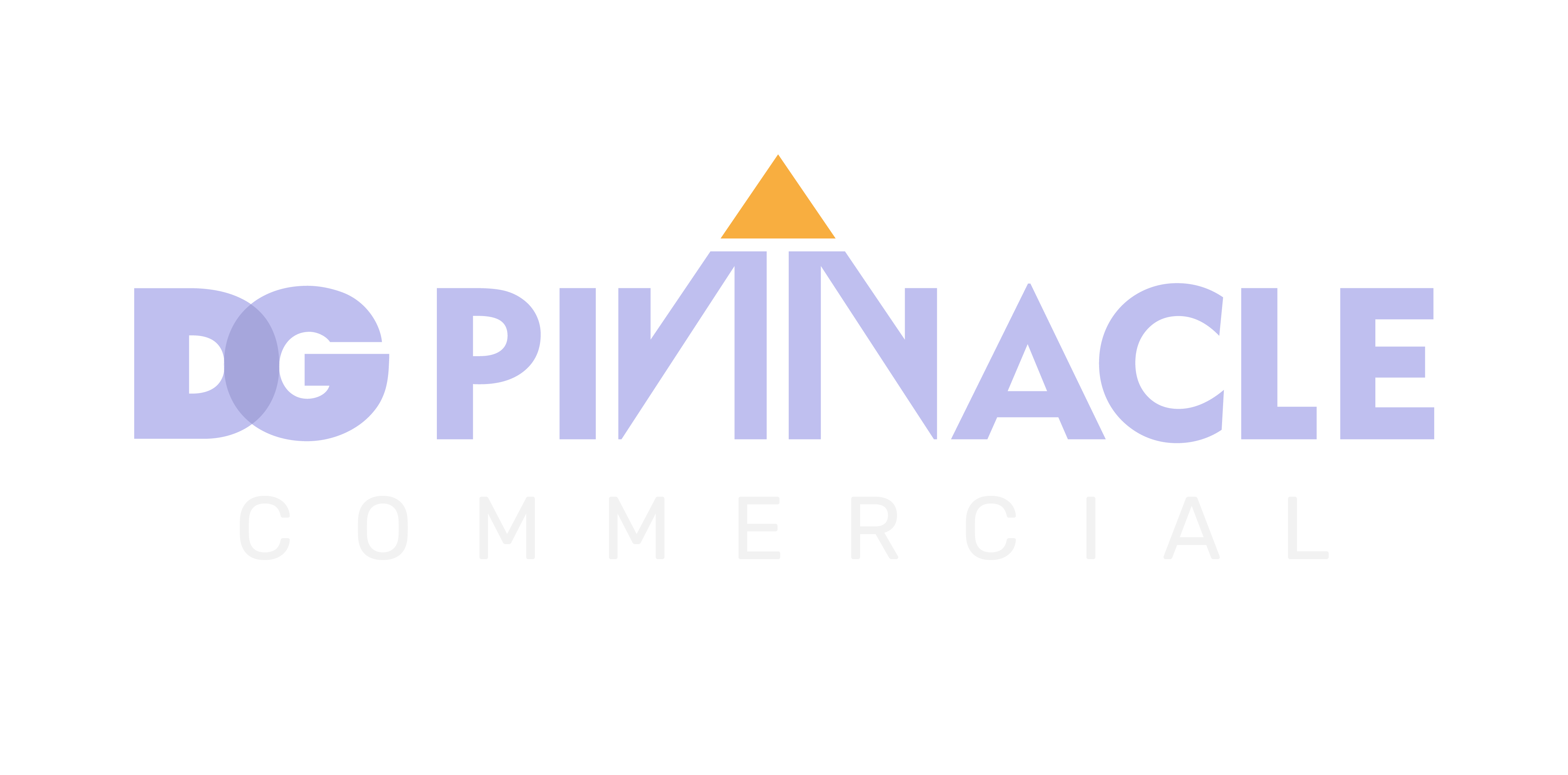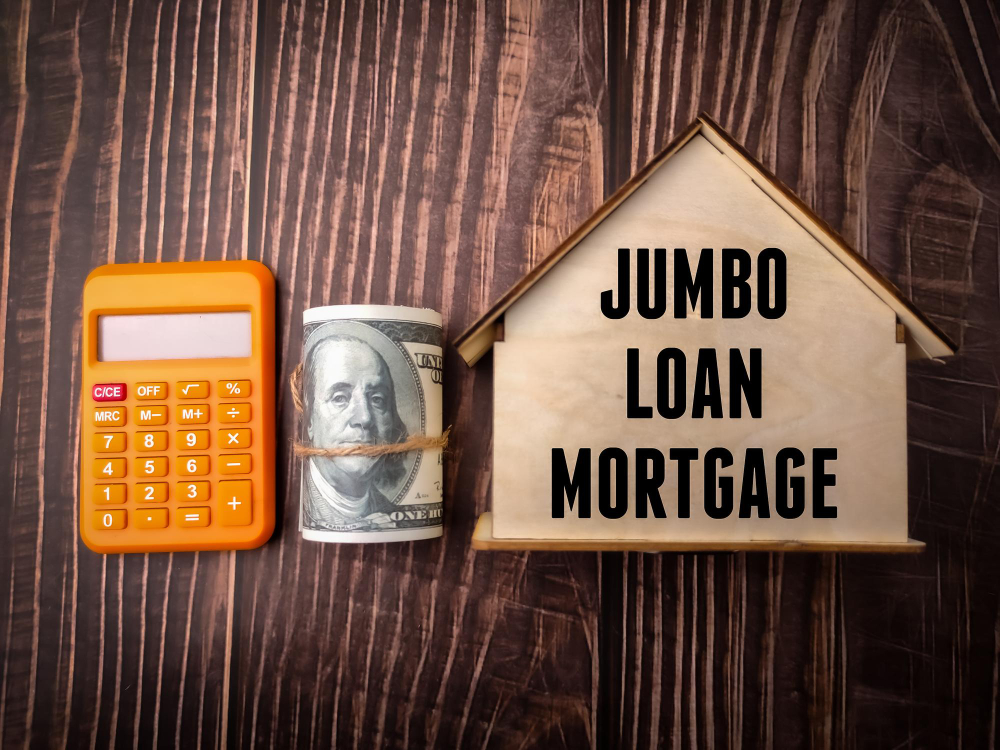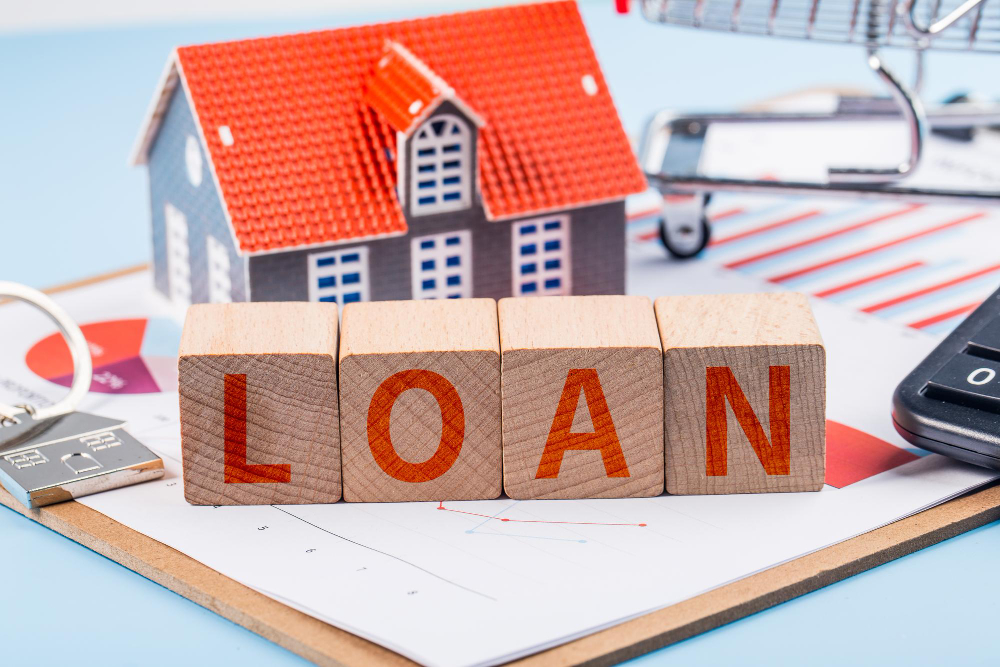5 Mortgage Lending Strategies to Help Your Customers
https://dgpinnaclecommercial.com/wp-content/uploads/2023/07/5_mortgage_lending_strategies_to_help_your_customers_dg_pinnacle_commercial_miami_wholesale_mortgage_funding_lender_sld-1024x512.jpg 1024 512 admin admin https://secure.gravatar.com/avatar/7464d439c724f5dcb751ba120496063d?s=96&d=mm&r=g5 Mortgage Lending Strategies to Help Your Customers
Whether you’re working with a first-time buyer or a move-up buyer, it’s a must to provide financing options and strategies for how they can best compete in today’s market. As a mortgage loan officer, providing solutions to the challenges of today’s market will help you grow rapport and retain clients.
Here are five mortgage lending strategies that loan originators can use to guide their clients in the current market. Follow the tips below to build long-term relationships with customers and realtor partners who will provide ongoing referrals for your mortgage business.
1. Structure Their Loan with a Buydown
We can’t do anything about rising rates. But we can leverage the resources we have available to help provide permanent and temporary payment relief for buyers. One of those resources is an interest rate buydown. It’s important to show buyers all their options when it comes to buying down their interest rate—permanently or temporarily.
There are benefits to a temporary (e.g., 2-1) buydown. For example, you can help prospective homebuyers understand how they can ease into their full mortgage payment at the beginning of their loan term and gradually move up to the full payment. You should also show them how to achieve a permanent rate buydown, with the associated savings and security that come from lowering the rate.
While you’re explaining these different scenarios, make sure you’re asking questions about their goals, how long they plan to stay in the home, and how a refinance will work in the future. That way you can explain the full savings benefit from each option.
WE RECOMMEND: Who is eligible for Non-QM Loans?

You can help prospective homebuyers understand how they can ease into their full mortgage payment at the beginning of their loan term and gradually move up to the full payment.
2. Promote Going Beyond a Pre-Qualification
We in the mortgage industry know that a pre-approval is a must these days. But in today’s market, a full underwriting approval before a buyer locates their property is even better. Then, when they do find their dream home and their offer is accepted, there are only the appraisal, title, and contract contingencies to complete before closing.
With DG Commercial, our loan originators have the tools at point of sale to receive an initial underwriting approval within hours of having an application and documentation from their borrowers.
Imagine what it would be like for you and your customers to have that much-awaited approval in just hours instead of days. What would that do for your mortgage business? You could probably handle double the volume with half the staff—a game-changer.
3. Be Creative on How You Structure a Loan
Getting creative with how you structure a loan can help buyers understand their true buying power and be the determining factor that gets them an accepted offer. This may mean putting together multiple financing scenarios for borrowers so they can pick and choose before they put in an offer.
Showing your buyers how to leverage their down payment or proceeds from an existing property, or providing a high-low sales price range so that they understand how they can compete, are valuable strategies to use in this market. Leverage a sales presentation platform, such as Mortgage Coach or other visual presentations, that show the differences in a consumer-friendly way.
This is also where you can show off your local market knowledge. Someone outside your area may not know how to structure loans to your borrowers’ best advantage. That’s why prospective homebuyers should choose to work with you over another mortgage loan officer. Remember, consumers are looking for you to help them get into a home and understand all that’s available to them.
YOU MIGHT LIKE THIS: Mortgage Loans For Foreign Nationals Customers
Remember, consumers are looking for you to help them get into a home and understand all that’s available to them.

4. Serve Solutions to Contingent Buyers
For borrowers who are contingent buyers, present them with alternative financing solutions that make the most sense for their situation. For instance, bridge loans could be an option for buyers waiting for their home to sell, or for those who are relocating for work and need a new home fast.
If the borrower is not listing their current home for sale or they’re looking to buy a second home or investment property, a HELOC may be their best bet.
5. Go Above and Beyond for Borrowers and Realtors
Take the time to help your buyers make a winning offer. While some markets may have more inventory than others, we are still seeing a shortage throughout much of the country. Of course, less inventory means more buyer competition. So it’s crucial, especially now, to be that champion for your customers.
Give your buyers the strongest approval possible, and think about how else you can help them have more buying power. For instance, if they are eligible for an appraisal waiver, communicate that and explain what it means.
From running multiple payment scenarios to providing excellent customer service, when you go above and beyond for your clients and real estate agent partners, it’s a win-win for all.
KEEP READING: What are the Benefits of a DSCR Loan?

From running multiple payment scenarios to providing excellent customer service, when you go above and beyond for your clients and real estate agent partners, it’s a win-win for all.
Bottom Line
We can help you put your strategies into action. Our programs and products are available to those who are willing to make the effort. Contact us to guide you along the way and take advantage of the many opportunities in the Real Estate Market. Call or text us at 📱 305-851-5225
This article was originally published in www.apmortgage.com






























